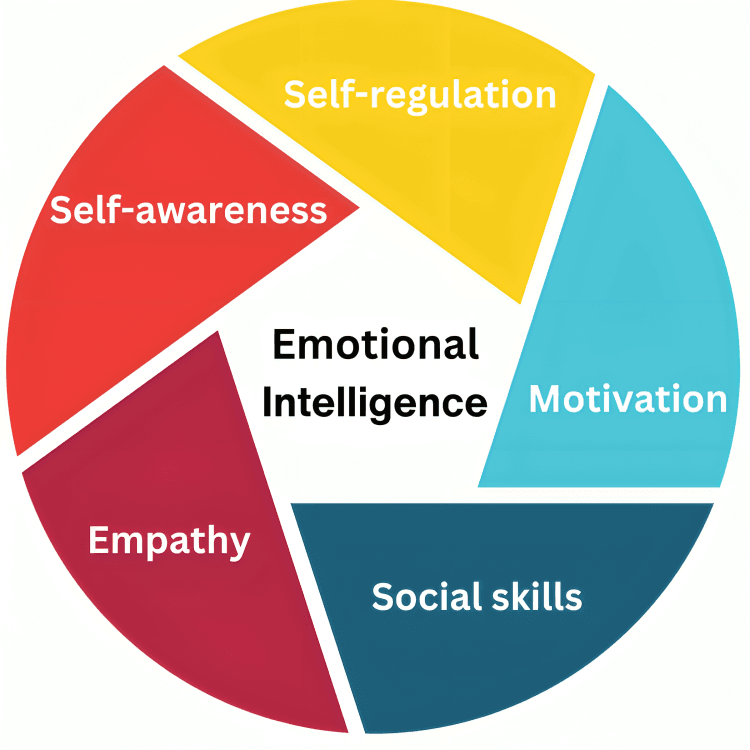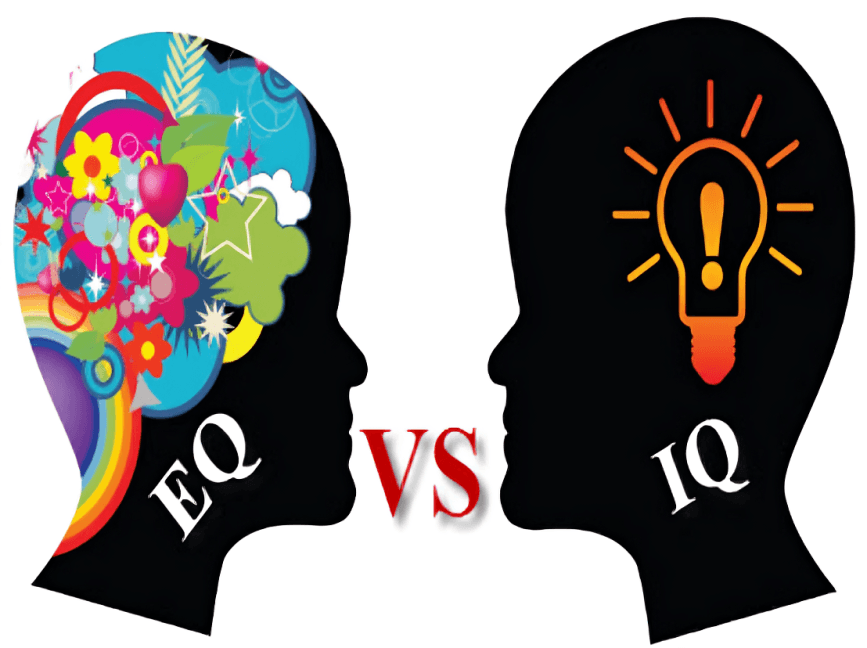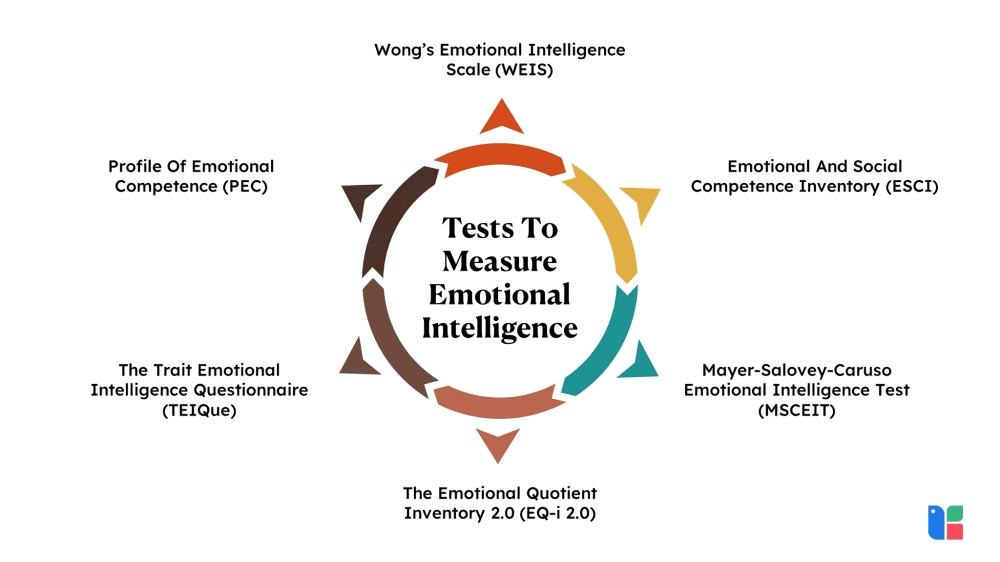
“
Understanding emotional intelligence is essential for building meaningful relationships, enhancing self-awareness, and making better decisions in both personal and professional life. Emotional intelligence helps individuals recognize, understand, and manage their own emotions while also being sensitive to others'. 1
1
”
Philosopher Martha Nussbaum emphasizes the significance of emotions in ethical reasoning, arguing that emotions are not just feelings but are deeply connected to our judgments, influencing our moral decisions. 1
Emotional intelligence involves the capacity to recognize, understand, and manage one's own emotions, as well as the ability to recognize, understand, and influence the emotions of others. 2

Daniel Goleman popularized the concept of EI, identifying five key components: self-awareness, self-regulation, motivation, and social skills, all of which are crucial for personal and professional success.
Self-awareness, a core component of EI, entails recognizing one's emotions and their effects, allowing individuals to understand their strengths and weaknesses, leading to better decision-making. 3
Empathy, a fundamental aspect of EI, involves understanding and sharing the feelings of others, enhancing communication, and fostering stronger interpersonal relationships through genuine emotional connections. 4
Social skills in EI pertain to managing relationships, inspiring others, and inducing desired responses through effective communication and conflict resolution, leading to successful collaborations. 5

Emotional intelligence is distinct from IQ; while IQ measures cognitive abilities, EI assesses emotional and social competencies, both contributing to overall success in different domains.
Unlike IQ, which is relatively static, emotional intelligence can be developed and enhanced through conscious effort, practice, and learning, making it a dynamic aspect of personal development. 6
In the workplace, employees with high EI tend to exhibit better teamwork, leadership, and adaptability, resulting in improved job performance and satisfaction among colleagues and supervisors. 7
Leaders with high emotional intelligence are more effective, as they can understand team dynamics, manage stress, and inspire and motivate employees, fostering a positive organizational culture. 8

The Mayer–Salovey–Caruso Emotional Intelligence Test (MSCEIT) is a widely used assessment tool that measures EI through tasks evaluating emotional perception and management.
Emotional intelligence plays a significant role in conflict resolution, enabling individuals to navigate disagreements with empathy and effective communication strategies, leading to constructive outcomes. 9
High EI individuals are better equipped to handle criticism constructively, using feedback as a tool for personal and professional development and maintaining positive relationships. 10
Emotional intelligence contributes to academic success, as students with high EI can manage anxiety, stay motivated, and engage positively with peers and educators, enhancing their learning experience. 11
Emotional intelligence is linked to physical health benefits, including lower stress levels, improved immune function, and reduced risk of chronic diseases, highlighting the mind-body connection. 12
Mindfulness practices, such as meditation and reflective journaling, can enhance emotional intelligence by increasing self-awareness and emotional regulation and promoting mental clarity and focus. 13

Children can develop emotional intelligence through social-emotional learning programs, which teach skills like empathy, self-regulation, and effective communication, laying the foundation for healthy relationships.
Psychologist Reuven Bar-On introduced the concept of the "Emotional Quotient" (EQ) to measure emotional and social competence, providing a framework for assessing and developing EI skills. 14
In education, teachers with high EI can create supportive learning environments, manage classroom behavior effectively, and foster student engagement, contributing to academic achievement. 15
Developing emotional intelligence contributes to personal fulfillment, as individuals can build deeper relationships, achieve goals, and navigate life's challenges with resilience and adaptability. 16


